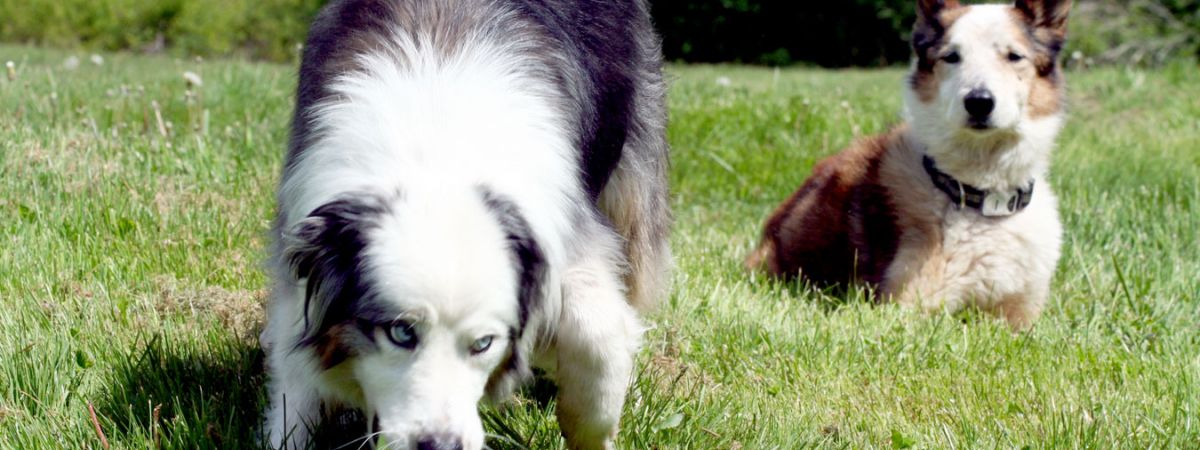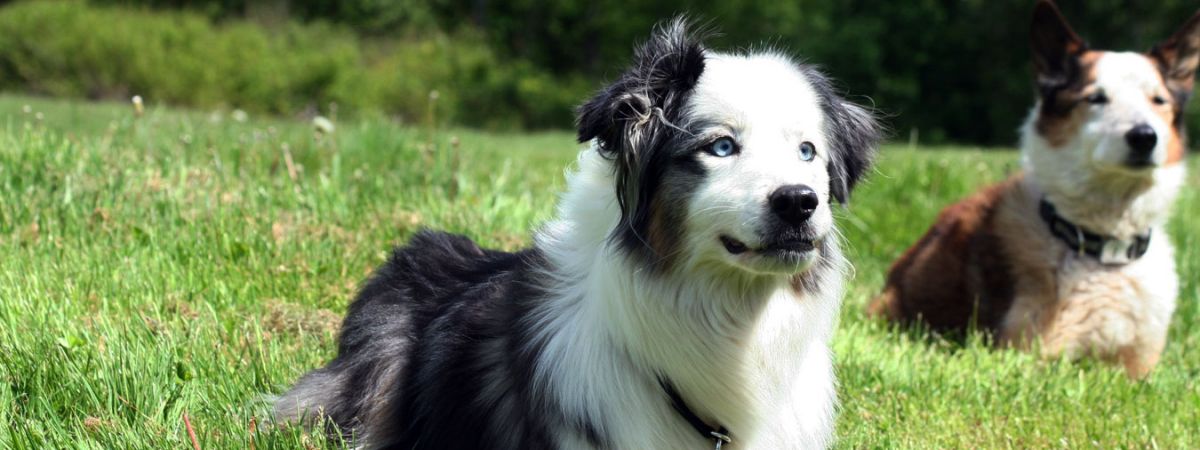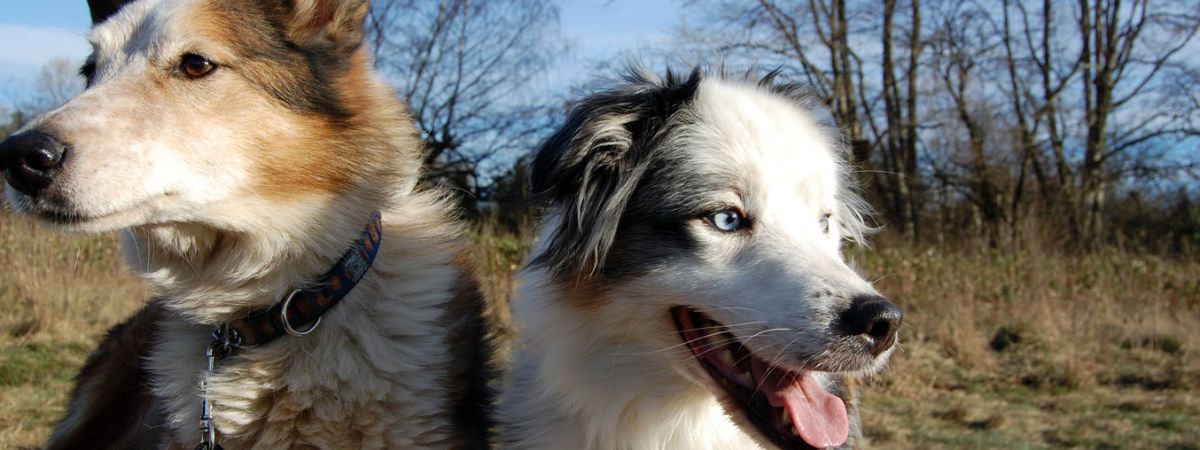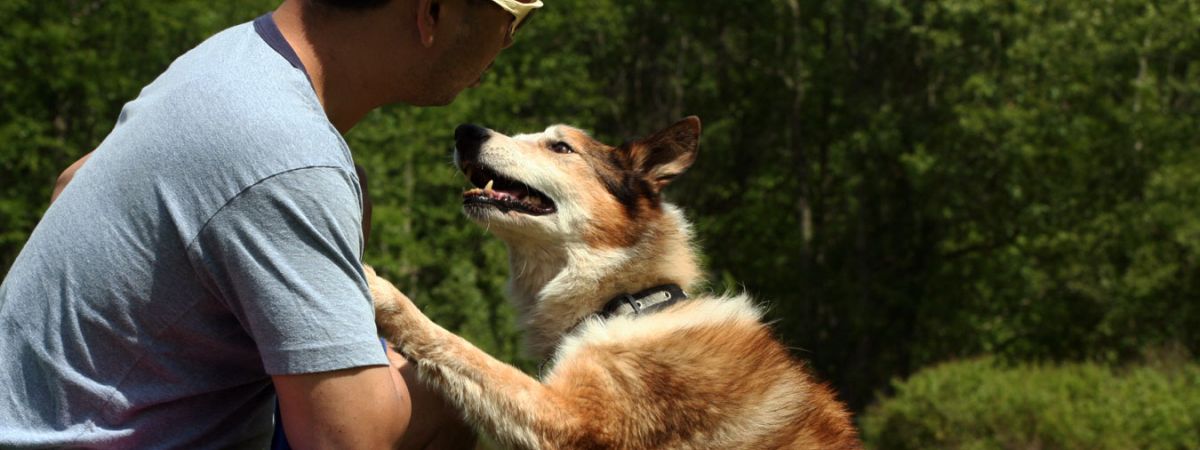“Dogs are pack animals.” This is a widely known fact, but although we might know it, it can be quite challenging for humans to truly understand it and apply it in our daily relationships with our pets.
To summarize, applying a pack mentality to your relationship with your dog means providing leadership. By acting like his leader, your dog can instinctively relax and fall into the role of “family pet.” In fact, without leadership dogs can become very confused, anxious or dominant, and may feel obligated to step into the “top position” since no one else is.
For example, imagine you are a small child who is just beginning to attend school. Imagine that you arrive at the school and no one tells you where to go, what seat to sit in, how to walk appropriately in the hallways or what time lunch is eaten. It would be chaos! Children would be running everywhere, no one would learn anything and it would likely be downright dangerous.
When not enough leadership is present in a dog’s life, he can feel just as chaotic. In the wild (or in any group situation including our homes), dogs will always identify a pack leader who sets the tone for the entire group. That alpha dog dictates when they go walking, how and where they walk, when they eat, who eats first, second and last, and when they all rest.
When you think about it, it makes perfect sense. For example, if the whole pack didn’t hunt together and just went off “willy nilly,” each deciding when they feel like hunting, chances are no one would catch anything. The group has to work together, and just like any working team, there has to be a leader who delegates responsibility and designates how and when things are done.
Of course, our pets don’t have to worry about hunting for food. But they do have to worry about conforming to the household rules. If no one clearly defines the rules, provides a schedule and shows what will or won’t be tolerated, the dog simply won’t know.
The majority of dogs don’t have the natural inclination to be a pack leader. When such a dog is in a situation where no leader is present, this can lead to anxiety, wild behaviour, chewing, excessive barking, separation anxiety and a multitude of other problems.
If the dog does have natural leadership qualities, he may step into the role of household leader, and the rules he chooses to implement may be very different from how you want your pet to act. Dominant behaviour, aggression, territorial marking, area guarding and many other problems can surface when the family dog feels like the pack leader.
Now that you have a better understanding of how dogs really think, it should be much easier to provide the necessary leadership your pet needs. Instead of feeling “sorry” for enforcing rules, you can now do so knowing that in his heart of hearts, it really makes your dog feel comforted. Instead of treating him like a human and then wondering why he keeps acting like a dog, you can now treat him like a dog and know that you are doing the right thing.
Some things you can do to provide leadership include: Setting and sticking to a schedule, always walking through doorways ahead of your dog, enforcing obedience commands on a day-to-day basis, not allowing your dog to pull you when you walk, keeping him off the furniture, and other similar rules.
Another thing you should do is to keep an eye out for your dog trying to “train” you. For example, if your pet “demands” that you throw his ball whenever you’re on the phone because he barks at you, do not throw the ball. Instead, put your dog into a down/stay (provide leadership), and play ball when it’s on your terms… not because of his demands.
By really understanding how dogs think and implementing some leadership strategies into your dog’s daily life, you can have the best possible relationship with your pet.








